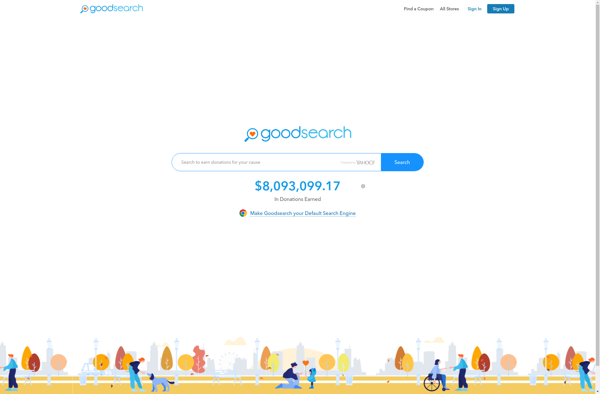Google Go

Google Go: Statically Typed, Compiled Programming Language
Google Go combines the ease of Python with the performance and safety of C++ for a statically typed, compiled programming language with open source, concurrency features, fast compile times, and garbage collection.
What is Google Go?
Google Go, or Go, is an open source programming language initially developed by Google in 2007. It's a statically typed, compiled language that aims to combine the ease of programming of interpreted, dynamically typed languages like Python with the performance and safety of compiled statically typed languages like C++.
Some key features of Go include:
- Statically typed - Variable types are known at compile time which leads to more reliable and scalable programs
- Compiled language - Can be compiled to standalone machine code resulting in fast and efficient programs
- Garbage collected - Automatic memory management helps reduce bugs related to manual memory allocation/deallocation
- Built-in concurrency - Lightweight processes called goroutines and channels help write concurrent programs more easily
- Fast compile times - Programs typically compile extremely quickly, improving programmer productivity
Go was designed at Google for building reliable infrastructure components. It has since become a popular backend language for web services. Key companies that use Go include Docker, Dropbox, Twitch, Uber and CloudFlare. Go is a good choice for building network-based, CPU-intensive backend applications that require high performance and reliability.
Google Go Features
Features
- Statically typed
- Compiled language
- Fast compile times
- Built-in concurrency features
- Garbage collection
- Open source
Pricing
- Open Source
- Free
Pros
Cons
Reviews & Ratings
Login to ReviewThe Best Google Go Alternatives
Top Development and Programming Languages and other similar apps like Google Go
Here are some alternatives to Google Go:
Suggest an alternative ❐Yandex.Search

DuckDuckGo

Microsoft Bing

Startpage

Ellpedia
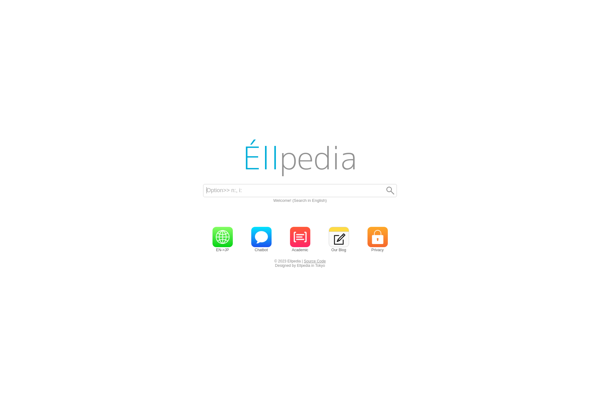
Brave Search

Infinity Search
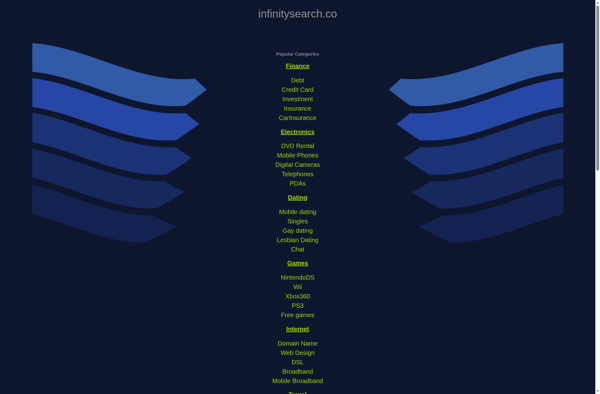
Mojeek
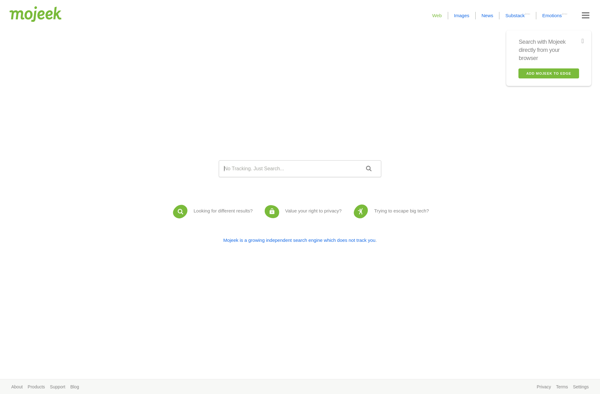
Yahoo! Search
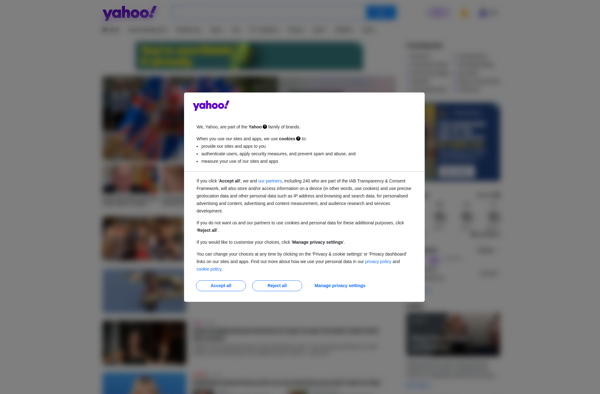
Goodsearch
